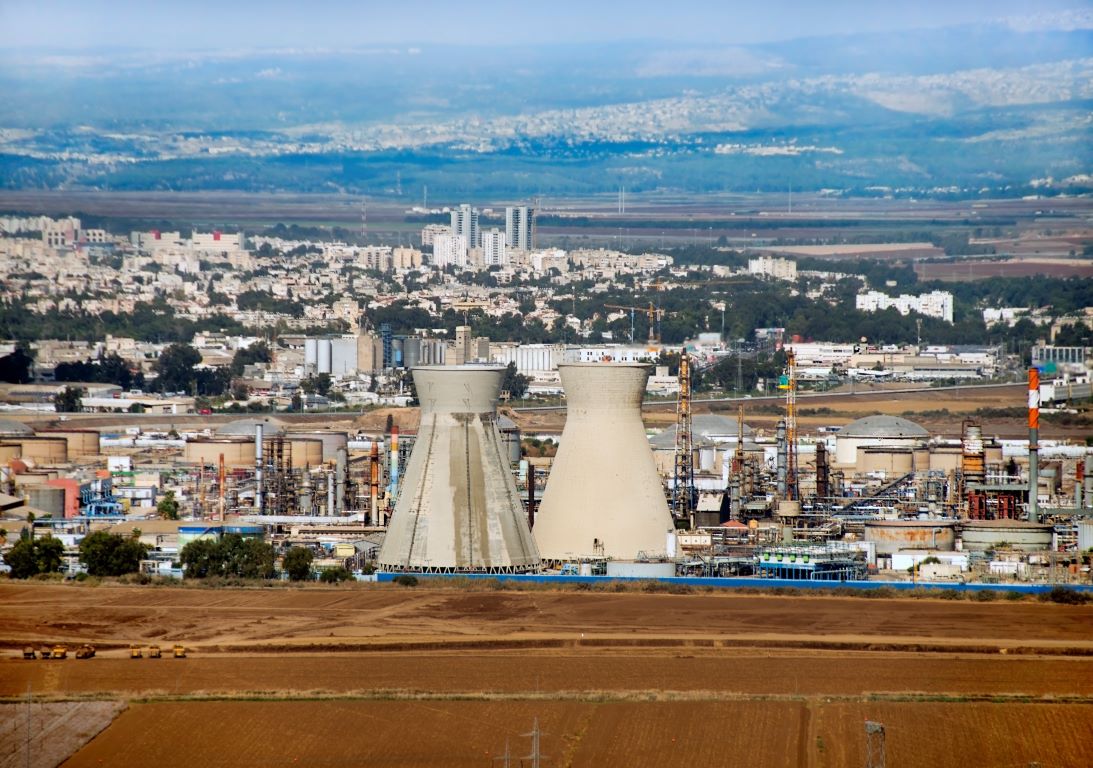
Liquified natural gas (LNG) spot prices have increased by more than 40% to $18.345 per one million British thermal units (/MMBtu) since the Israel-Palestine war on 7 October.
According to reports, geopolitical concerns have filtered through the oil and gas markets. Some LNG buyers in North Asia have paused plans to acquire additional fuel for winter since the attacks in the Middle East, risking supply and boosting global prices.

Discover B2B Marketing That Performs
Combine business intelligence and editorial excellence to reach engaged professionals across 36 leading media platforms.
Asian spot LNG shipments, as of 13 October, were offered at a range of high-$10s/MMBtu, according to traders, the highest level in around eight months.
On 9 October, the Israeli Energy Ministry shut down gas production in its Tamar platform operated by Chevron due to the attacks from both sides, limiting supplies from the region. The Tamas gas field produced 10.25 billion cubic metres in 2022, with most used domestically and 15% exported to Egypt and Jordan.
Chevron halted natural gas exports via the East Mediterranean Gas pipeline between Israel and Egypt, and the company said it would supply gas to Jordan via an alternative pipeline.
Additionally, Chevron LNG workers in Australia gave notice on 9 October to resume strikes, potentially disrupting flows and hiking prices.

US Tariffs are shifting - will you react or anticipate?
Don’t let policy changes catch you off guard. Stay proactive with real-time data and expert analysis.
By GlobalDataEuropean news network Euronews reported that Europe has more than 90% capacity, including a large amount of gas inherited from the 2022–23 European winter. It said that even though the EU is not likely to incur any supply difficulties this winter, the geopolitical impact of global gas distribution would keep prices high.
Oil trade flows
Along with the oil supply disruptions and voluntary cuts by OPEC+ countries and Russia, the current state of war in the Middle East has not directly impacted the oil flows.
However, in the long term, the cuts from OPEC+, along with the current geopolitical developments, may impact the oil flows.
GlobalData, the parent company of Offshore Technology, reported that Brent crude oil prices increased by $1.69 or 1.9% per barrel on 18 October. The prices surged by 2% due to a potential disruption in oil supply amid an explosion at a hospital in Gaza, which killed hundreds of people.
According to Offshore Technology, Shell’s share price hit a record high of 2,763 pence on Monday due to the war, which led to spiked oil prices.
On 9 October, shipping and trade sources said the port of Ashkelon and its oil terminal, around 10km from the Gaza Strip, had been shut, Reuters said. Two other ports, Haifa and Ashdod, remained open.
While Western countries are experiencing colder days than usual, the potential disruptions keep the markets on edge even when European gas is almost at full capacity.





